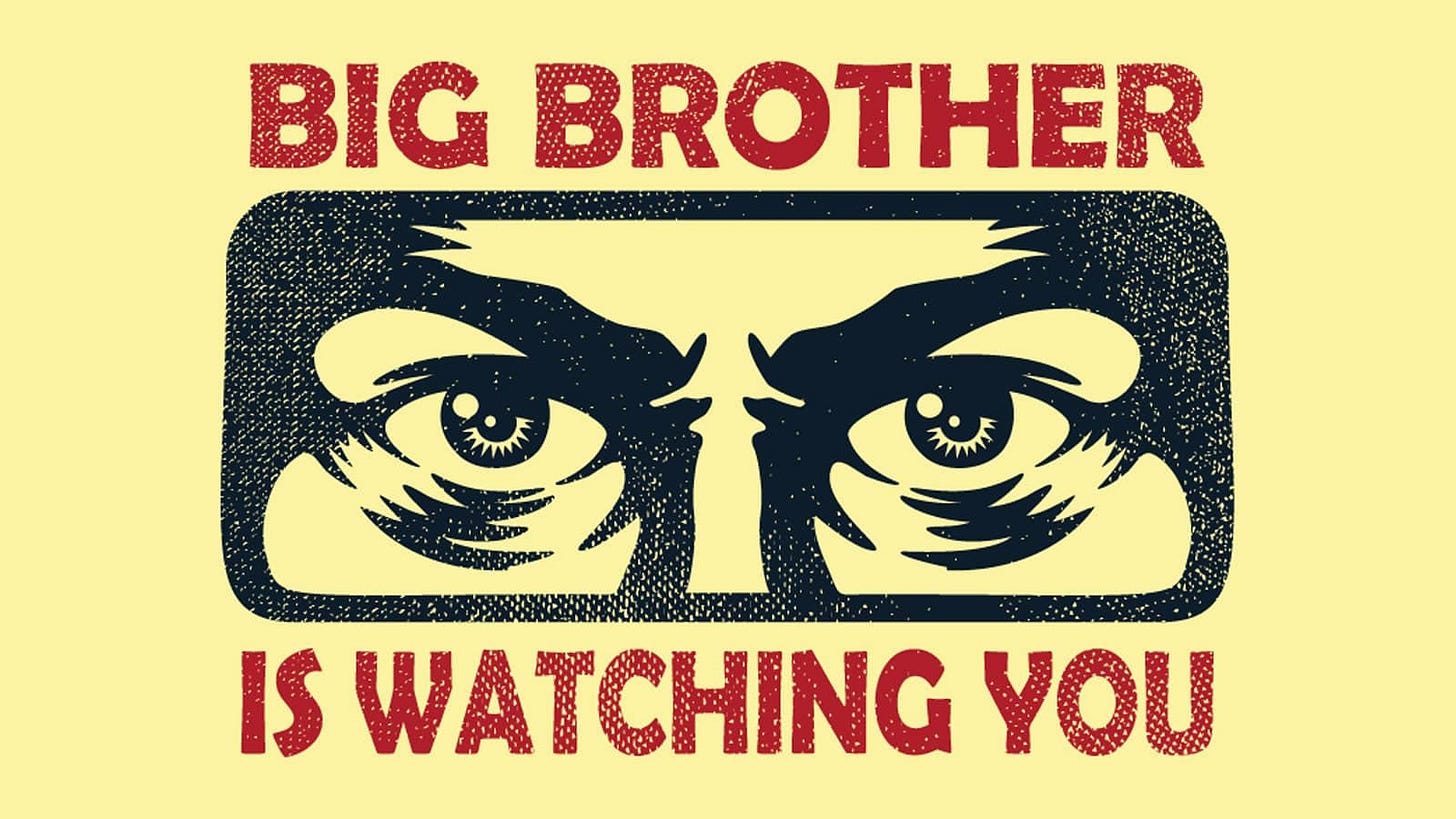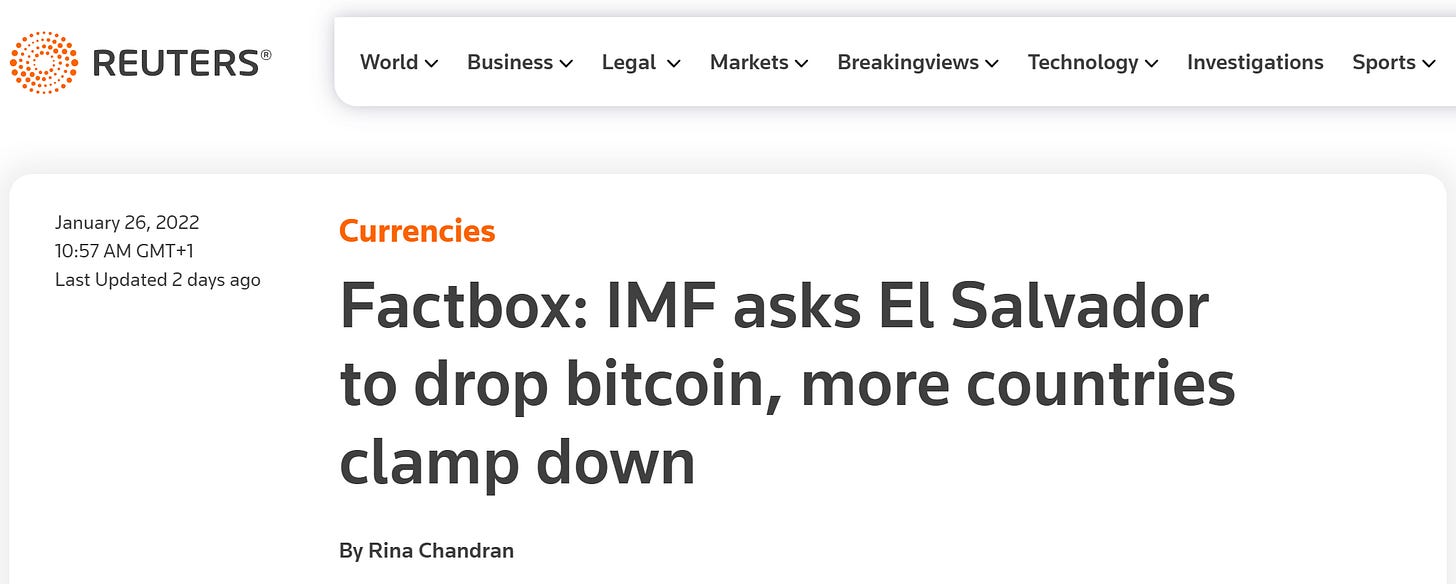Secrets are lies - Part 2
Transparency
In Dave Egger's amazing sci-fi novel 'The Every', a central theme is that citizens of the world have completely lost their privacy. All life experiences are shared, all habits get tracked and honed, all data is saved on the app of a megacompany (think Google, Amazon, Facebook, Apple, Microsoft and your bank in one). In pretty much all areas of life, from professional performance, to health, finances, social and romantic.
But, interestingly and crucially, the leaders of that company, the politicians and institutions of that world also take part in this way of life. They lead by example. In the book, the author calls it 'Seen', with capital S. Public figures and more importantly, public servants, live-stream their daily routines and they are fully ‘Seen’. Secrets are lies. The jejune 'if you have nothing to hide than what's the problem' argument actually gets used to keep those in power accountable ànd to surveil the populace. Not just the latter, how refreshing!
Even if I give everybody’s intentions the benefit of the doubt, how is this even remotely close to optimal from a PR point-of-view?
VS.
Still, fully ‘Seen’, is quite a dystopian outlook. But at least there isn't only the downside of losing privacy, which already happened, it also has the upside of transparency. Upside, that's the name of my company and my blog, get it?
To me it seems like we traded in our privacy for some improved UX/UI here and there (some will say it was for our own safety), but the real chess move was to obtain vastly increased and normalized institutional transparency in return. If you only remember one thing from this post, please let it be that. Because I would like to posit that the battle for transparency is the one that matters most at the moment. Hell, it could actually be in the institution's favor to radically embrace it, as it would allow the trust of the public to reach levels that are unheard of.
It's not that things are going so well at the moment. Why shouldn't they be corrupt until proven honest until trust is restored in full?
And I would like to watch Big Brother.
In that sense, and I think this point is overlooked, the importance of blockchain adoption is not really about more or less privacy, but that it will level the playing field. Your transactions will be on the blockchain but so will theirs (!!). Would I spy on my neighbor and check out his transactions? No. Maybe. But it will get boring very fast. Do I want to have access to the money streams between arms of central banks, large corporations, media and governments to check where my taxpayer money is going exactly, who bribed who and who is doing an amazing job, in a nimble and ungameable way? Yes please! Where do I sign up? That's an absolute game changer. Do I think the fact that they will be more 'Seen' will change their habits and their moral compass for pretty much the betterment of humankind? Their behaviors and incentives to solely act on behalf of the public good will rekindle nearly instantly, simply because they are visible to all of us. And, perhaps even more importantly, we wouldn’t have to wonder. These discussions would finally end.
Nice initial prediction.
By the way, how long until a politician volunteers to opt for the ‘Seen’ path to win multi-partisan votes? At a time where crypto will likely be a valuable (single-issue-voter?) topic to the tune of 25-35% of the population in the next US elections? It's pure game theory, you can count down the days until someone will do it. It's difficult to play against. 'Vote for real change, you can track my transactions on the blockchain and as I am a public servant, I will give up all of my professional privacy because I want to earn your trust and have nothing to hide. Transparency is my KPI and nobody will beat me.' This is not some kind of crazy call as it’s already happening anecdotally here and there, mostly on the city-level, but it hasn’t reached crazy levels of one-upmanship yet. But it will, and it won’t only be about currency or funds.
How do you even begin a PR campaign if you are on the other side? And just imagine how beautiful that social experiment will be to follow.
Whatever your political preference is, advocating against more transparency is just a very tough thing to do. Transparency is a uniting cause in that way. If we demand to obtain it, future decisions on what direction we should take on societal challenges will become that much easier to navigate, as public servants will become softer, more human(e), honest and accountable. They are public servants, not overlords. The imbalance between what those in power know about the people and what the people knows about those in power, has become the elephant in the room. And I say: fine, you can keep my data, but I want yours, too.
What would you rather have: maybe your data 'back' or to know what institutions are up to because they are fully transparent? I'm assuming transparency would win by a landslide. Refusal by the institutions to re-balance the scales, would be eerily similar to an outright admission of authoritarianism. It has become a zero-sum game.
'Nils, but we can't just give our state secrets and nuclear codes to the terrorists!' would be a tad fatuous as a Stockholm syndrome style reflex, because it should be about as much transparency as possible, not more than needed. And it also proves the rule by emphasizing the exception.
(By the way, last factoid: classified documents, official, military, biological and other secrets are at an all time peak and trending upwards - Stanford University. Convenient)
Imagine what the world would even look like in twenty years if the establishment was successfully pressured to embrace radical ànd proactive transparency by a people united around this one issue? Would there even be state secrets to begin with? Or would they essentially have become lies?
Dear Reader, thank you for your time. If you made it this far, I have a question.
I am a beginning blogger, unsure about the right balance between length, frequency and ‘click-ability’. All I know is that I want to write, ideally for an audience. Long(er) form writing vs. hollow clickbaity stuff on Linkedin . It’s a balancing act. I know that I wouldn’t be good at the latter even if I tried. But the balance can be in the middle. 2000 words or 2*1000 or 4*500 or sometimes one, sometimes the other. I will never spam people’s inboxes, but I could for example spam the timeline on Linkedin;)
Any feedback is welcome, whether in comments or shooting me a DM. And of course, sharing is very much appreciated:)
Next post is about NFT’s and why their real importance is the hidden role they play in the regulatory landscape around crypto.








